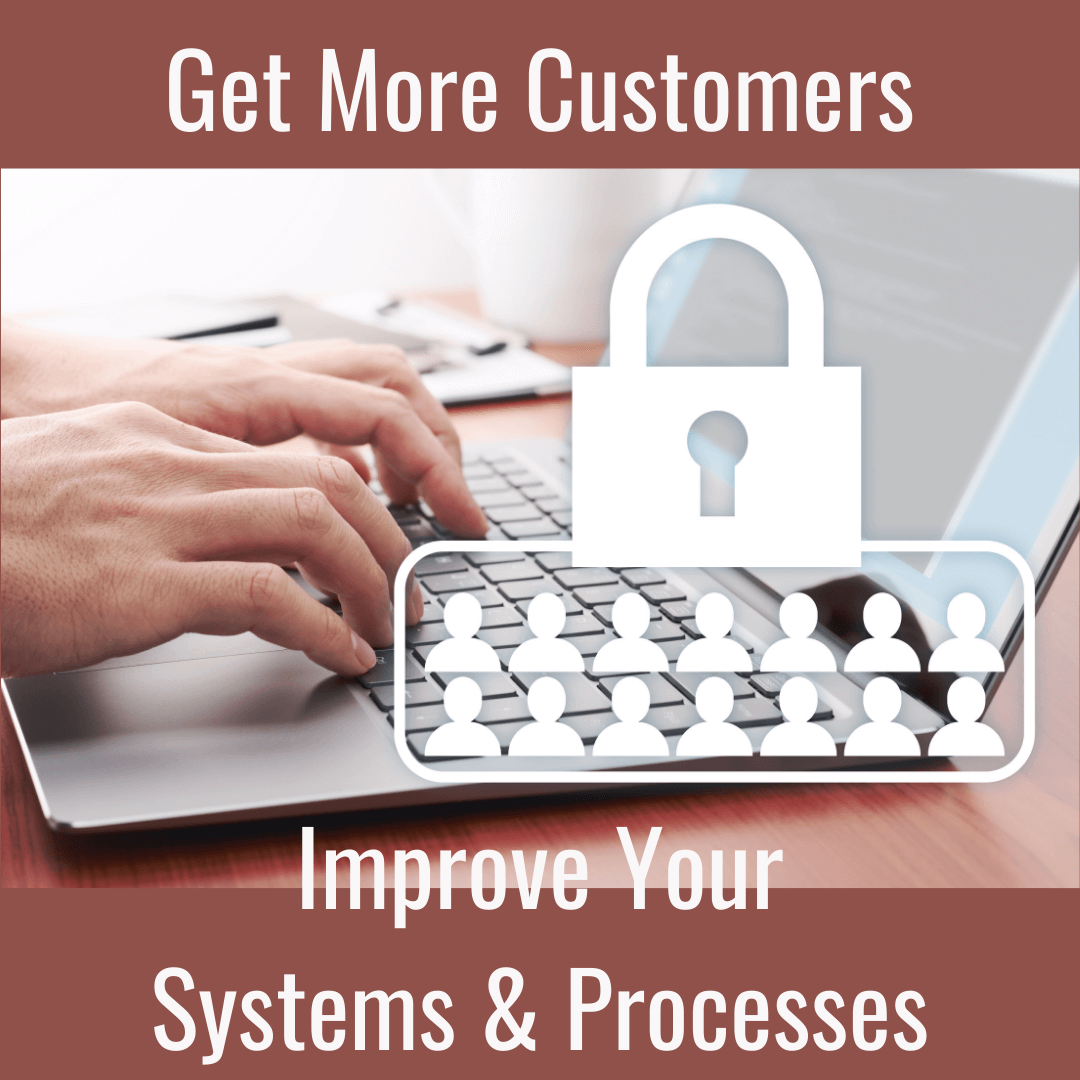How to reduce your mortgage
Millions of people currently have a mortgage on their main residence. This type of loan, as most people know, has interest accruing on it that is not deductible for income tax purposes. Otherwise known as “consumer” or “bad” debt, it is this type of debt that you should focus your time and energy in eliminating first.
If you do not have any debt that is tax deductible, you should be eliminating non deductible debt that has the highest interest rate attached to it first, then working back to the lowest interest bearing debt, which is likely to be your mortgage.
Home ownership is a major thing for many people, for reasons such as the security it provides for a young family, and knowing the roof over your head is yours alone. But financing the house can be a hassle for many people.
Now, the mortgage loan is likely to be the highest dollar value debt you have, and eliminating your mortgage is very satisfying for many people. The problem is most mortgages these days are being taken out over 30 years, and as such, the final repayment on a mortgage won’t be made until near when a person retires. This isn’t ideal. A lot of people take out their mortgage in their 20’s or 30’s, at a stage of life when their expenses are going up (growing a family etc). It is in these first few years of a mortgage loan where the banks make the most income from you.
It takes, on average, the first 4 years of your mortgage repayments to pay off the same amount of principal as it does in the final ( 30th) year alone. This is because around 85% of your repayments are purely interest initially. It is in these first few years in which you can try to save a lot of wasted non deductible interest payments.
The main way to rapidly decrease your mortgage in the early years is to have additional payments made other than the minimum principal and interest as defined by your lender. You can do this in a number of ways.
1/ Change from monthly to weekly payments.
2/ Have an offset account attached to your loan where all of your income is deposited to.
3/ Use a credit card with an interest free period to fund living expenses. Make sure you pay off card before interest free period (generally 55 days). This will leave your offset account with balance in there for longer, thereby reducing the balance that mortgage interest is being accrued on.
4/ Any lump sums you may receive (tax return etc) pay off your mortgage.
5/ If you have an investment property, or looking to buy one if you have sufficient security to provide equity, using the rental income from the property to pay onto the mortgage loan will dramatically decrease your mortgage loan.
You may be thinking, “But how do I maintain the loan for the investment loan if the rent is not being paid to it”. This is a good question. A funding loan can be setup to service the investment loan, and once the home loan is paid out, the two investment loans can then be merged and serviced by the rental income, negative gearing benefit and also your old payment you were making to the home loan.
This can be a fantastic method to quickly switch your debt from non-deductible to deductible. In most cases, the mortgage will be gone in around 7 years, then you will have an investment loan left to pay.
This method does not rely on you making additional payments out of your pocket which can be appealing to many at a stage in life where they are living not far from their means.
Now, there are a few things you need to consider and keep in mind when contemplating this method.
1/ The investment property you buy should be thoroughly researched. You should determine that you will obtain secure tenants who will be reliable long term. The main kicker of this method is the passive rental income paying off your home loan. Untenanted investment property can be fatal to this method.
2/ You should define a good area where you expect a decent increase in the market value of the property over time. Do your research here.
Mortgage stress can be a major issue in many people’s lives. Taking a few steps to help minimise this stress can be beneficial. Have a think about what you can do to help eliminate your mortgage.
Sometimes, a change of mindset that will motivate you to do things. A few small changes can be a catalyst to the beginning of your financial freedom.













